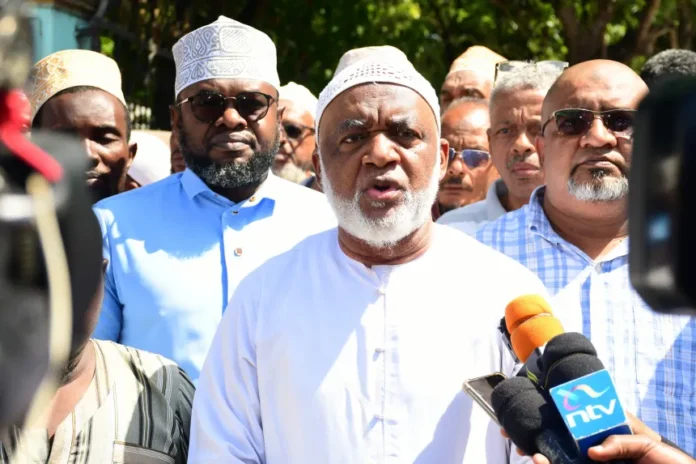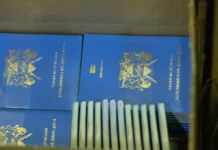Muslim religious leaders from Kenya’s Coastal region have strongly criticized a recent Supreme Court decision allowing children born out of wedlock to inherit property from their deceased Muslim fathers, arguing that it violates Islamic law and undermines the constitutional mandate of Kadhi courts.
Speaking during a press conference in Mombasa, Sheikh Abu Qatada, Chairperson of the Pwani Patriotic Religious Leaders, said the ruling disregards the central role of Kadhi courts in handling family matters for Muslims, including marriage, divorce, and inheritance.
“We are perturbed by the Supreme Court ruling that equates the inheritance rights of children born outside wedlock with those born within marriage,” Sheikh Qatada stated. “Our Constitution guarantees freedom of religion, and such family matters should be guided by the Qur’an under the jurisdiction of the Chief Kadhi — not man-made laws.”
The disputed ruling was delivered on June 30, 2025, in the case of Fatuma Athman Abud Faraj vs Ruth Faith Mwawasi & Others (SC Petition No. E035 of 2023). The Supreme Court held that excluding children born out of wedlock from inheritance under Muslim law was discriminatory and contrary to Articles 27 and 53 of the Constitution, which guarantee equality and the best interests of the child.
While the Court acknowledged Article 24(4) of the Constitution allows for the application of Muslim personal law in specific matters, it ruled that such application does not override constitutional principles of equality and non-discrimination.
The ruling has sparked backlash among Muslim clerics and believers, who argue that it infringes on the autonomy of Kadhi courts established under Article 170 of the Constitution. “Why does the Supreme Court undermine the Chief Kadhi on matters assigned to him by the Constitution?” questioned Abu Muhsin, a Muslim faithful in attendance. “This judgment disregards our religious laws.”
The clerics called on the Attorney General, the Chief Kadhi, and the Law Society of Kenya to take legal steps to challenge the ruling. They also urged Muslim lawmakers to table legislation affirming the exclusive jurisdiction of Kadhi courts over Islamic personal law and preventing secular interference in religious matters.
“We are collecting signatures from Muslims across the country to petition Parliament and the Senate to reverse this ruling and uphold our religious rights,” Muhsin added.
The Supreme Court has since referred the matter back to the High Court in Mombasa for determination of the beneficiaries’ specific entitlements by a different judge.
While reaffirming their respect for the judiciary, the clerics emphasized the need for judicial sensitivity to religious frameworks that govern the lives of millions of Kenyan Muslims.
Written By Rodney Mbua



















